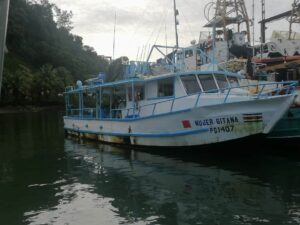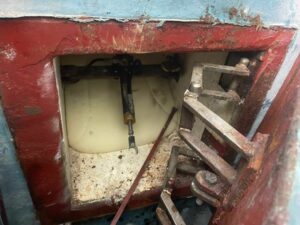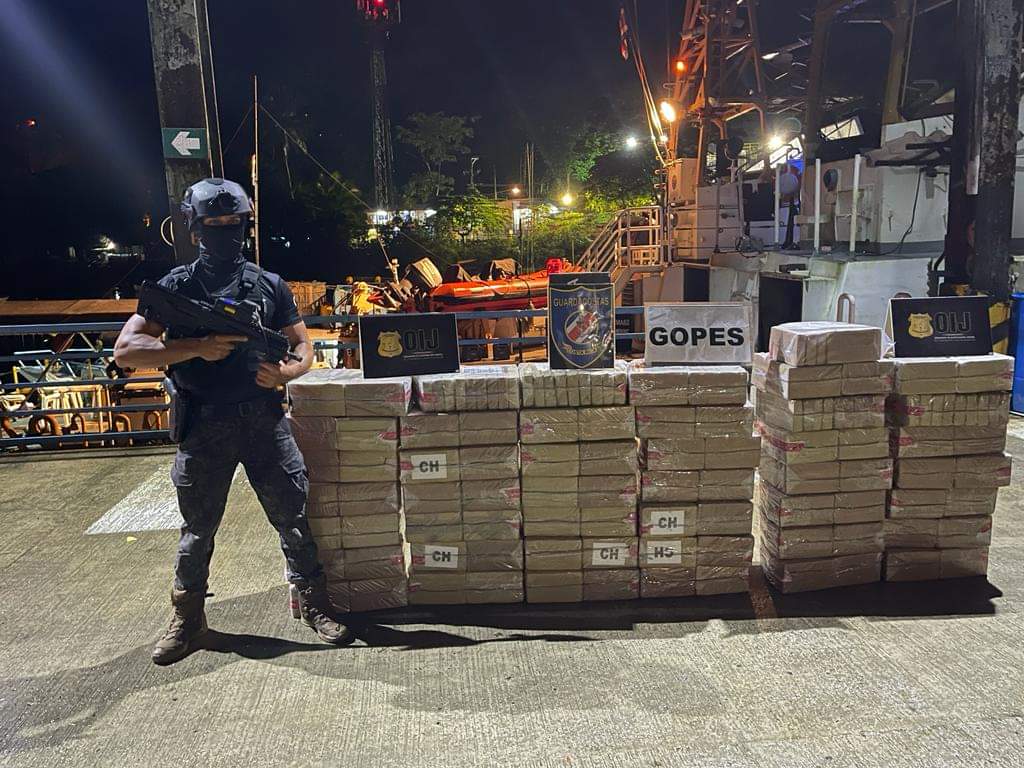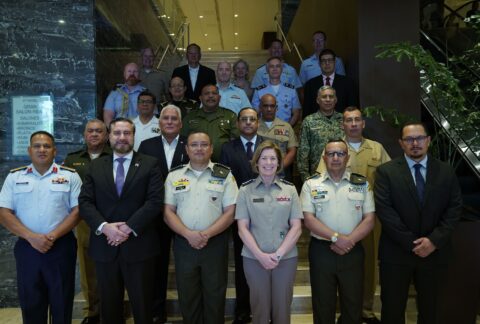In two mid-October operations, the Colombian Navy, with the support of U.S., Costa Rican, and Mexican forces, dealt a hard blow to transnational narcotrafficking organizations by seizing 3.7 tons of cocaine off the Pacific coast of Central America, the naval institution said in a statement.

During the first operation, an air asset of U.S. Southern Command’s Joint Interagency Task Force South (JIATF South), based on intelligence from the Colombian Navy, located a semisubmersible off the southern coast of Mexico that had departed from the Nariño department with cocaine hydrochloride. Following a chase at sea, with the support of units of the Mexican Navy Coast Guard, the narcotraffickers jettisoned nearly 3 tons of cocaine at sea and abandoned the vessel to flee in a speedboat.
“These drugs are believed to belong to the Mexican Sinaloa cartel, which has an alliance with the residual organized armed group [GAO-r] Alfonso Cano western bloc, which operates in the Nariño department,” Colombian Navy Commander Cristian Andrés Guzmán Echeverry, commander of the 72nd Poseidon Task Force against Narcotrafficking, told Diálogo, referring to a dissident group of the former Revolutionary Armed Forces of Colombia (FARC).
In the second operation, Costa Rican Coast Guard units located a fishing boat that had left the Colombian Pacific coast, according to Colombian Navy intelligence. During the interdiction, carried out south of Cabo Matapalo in Costa Rican waters, authorities seized 729 kilograms of cocaine hydrochloride, the Colombian Navy said in a statement.
“In the second operation […] the drug belonged to the Mexican cartel New Generation, which has an alliance with the GAO-r Jaime Martínez,” Cmdr. Guzmán said. “The Colombian Navy constantly monitors groups that engage in narcotrafficking and related crimes. We maintain through established channels operations development and information exchange among the different intelligence agencies; for this particular case, we monitored the maritime event between 12 to 15 days.”

With these operations, authorities dealt a blow to the finances of former FARC dissident groups and Mexican cartels operating in the region.
“The main strength that we currently have in the region is the countries’ commitment to confront the narcotrafficking phenomenon, which is based on the trust in the institutions that conduct the different types of operations that this scourge entails,” Cmdr. Guzmán said. “The support of the United States for operational development through surface units and naval air platforms, which provide a wide coverage in the maritime area, is enduring.”
From January to November 1, 2022, the Pacific Naval Force, through national and multinational operations, seized 121,352 kg of cocaine hydrochloride, 39,419 kg of marijuana, 3,778 kg of coca base, 2,265 kg of coca base paste, 44,681 kg of solid chemical precursors, and 194,634 liters of liquid chemical precursors. It also seized 180 narcotrafficking facilities, 94 boats, 21 semisubmersibles, and captured 85 criminals, the 72nd Poseidon Task Force against Narcotrafficking told Diálogo.









